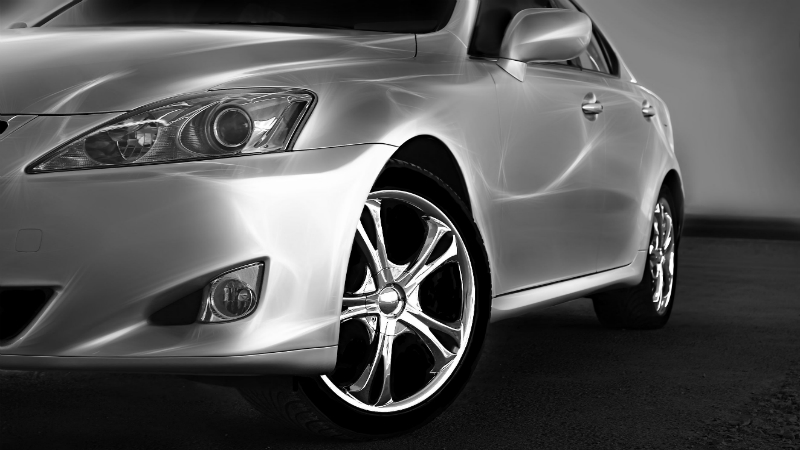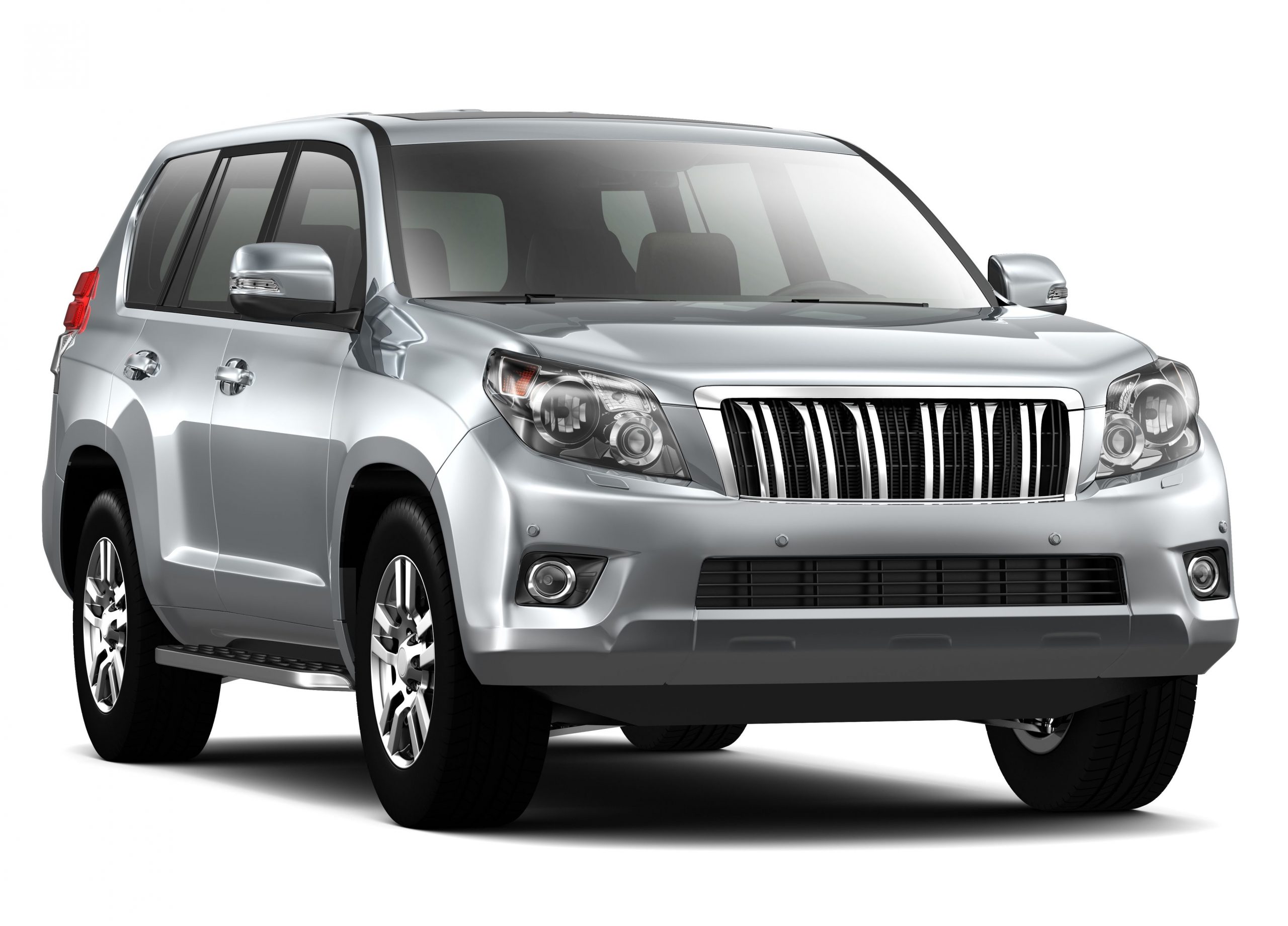When it comes to choosing your next vehicle, going with a Ford Escape in Chicago is an ideal option. These vehicles have it all: versatility, safety, and power. The tricky part comes in deciding how to purchase the vehicle. There are two main choices available to consumers – buying and leasing. Many people are confused about the two, and uncertain which is right for their lifestyle. Here are some questions to ask yourself when deciding if you should buy or lease a Ford Escape in Chicago.
How Long Do You Plan To Have The Vehicle?
Leasing is ideal for those who want a car for a short period of time, and who want the freedom of switching or trading it in if something better or more suited to their lifestyle comes along. Leased vehicle are also almost always newer, and come with a longer warranty than buying a car off a lot. Buying a vehicle means that it’s yours, forever or until you choose to sell it. Leasing is basically similar to renting an apartment, whereas buying a car is like purchasing a home. As you pay off your car loan, you build equity in the car. This equity can be used as security against a loan, or as trade-in value when you choose to sell your vehicle.
How Far/How Often Do You Drive?
Leasing a Ford Escape in Chicago is an ideal option if you don’t drive all that often, or if you only drive short distances. Leases usually come with rigid limitations on how many miles you can put on the vehicle, with steep fees and penalties if you go over. If you only plan on driving your Ford Escape in Chicago, and know you can stay within the mileage cap, leasing may be an attractive option.
Do You Drive For Business?
Leasing your Ford Escape in Chicago is a fantastic option if you use your vehicle primarily for business. Your monthly payments when you lease a vehicle include the cost of the vehicle’s depreciation as well as interest charges, taxes, and other fees. This can lead to higher monthly payments as opposed to obtaining a car loan and purchasing the car. However, if you drive primarily for business, you can deduct a percentage of the depreciation from your taxes. Since leasing will always result in a higher depreciation being paid, you can deduct more from your taxes at the end of the year.








